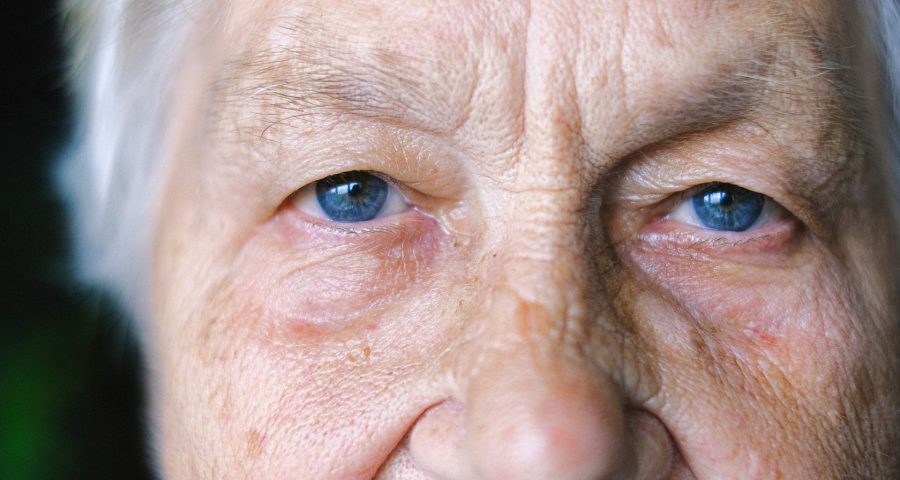Could Benjamin Button’s secret be… cellular?
This is Sandra Tsing Loh with the Loh Down on Science.
Can you read the fine print in this internet service contract? Neither did I! As we age, our genes age too, causing a myriad of annoying changes — including loss of vision. What if these effects could be reversed?
Enter Yuancheng Lu at Harvard and colleagues. The team carefully damaged retinal cells in the eyes of their lab mice. Then, they injected tiny password-carrying viruses into the eye. These passwords were designed to revert the genes to their younger states.
Did it work? YES! The eye cells regrew with NO sign of their previous damage. As a result, both old and young mice improved performance on a visual test. No, they didn’t have to read tiny alphabet signs – just some wavy lines! The team turned back cellular time and made those damaged cells healthy again!
If it works on mice – maybe it could work on humans! The team hopes that similar techniques could be used on other organs like the heart, lungs, and kidneys.
So I guess maybe Benjamin Button’s case isn’t so curious after all!
Reference: Lu, Y., Brommer, B., Tian, X., Krishnan, A., Meer, M., Wang, C., Vera, D. L., Zeng, Q., Yu, D., Bonkowski, M. S., Yang, J.-H., Zhou, S., Hoffmann, E. M., Karg, M. M., Schultz, M. B., Kane, A. E., Davidsohn, N., Korobkina, E., Chwalek, K., … Sinclair, D. A. (2020). Reprogramming to recover youthful epigenetic information and restore vision. Nature, 588(7836), 124–129. https://doi.org/10.1038/s41586-020-2975-4

